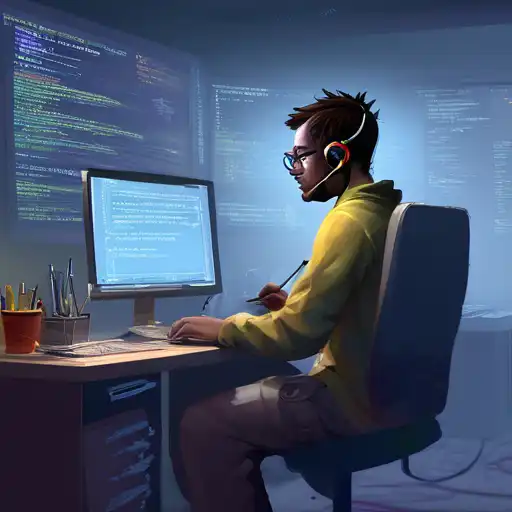Introduction to Debugging
Debugging is an essential skill for every programmer, especially for those just starting out. It involves identifying and resolving errors or bugs in your code that prevent it from running correctly. This article will provide you with essential debugging strategies to help you become more efficient in solving coding problems.
Understand the Error Messages
One of the first steps in debugging is to understand the error messages your development environment throws at you. These messages are clues that can lead you to the root of the problem. Take the time to read them carefully and research any terms or codes you don't understand.
Use a Debugger Tool
Most integrated development environments (IDEs) come with built-in debugger tools. These tools allow you to step through your code line by line, inspect variables, and see the flow of execution. Learning how to use these tools can save you a lot of time and frustration.
Break Down Your Code
When faced with a bug, try breaking down your code into smaller sections and test each one individually. This approach, known as unit testing, can help isolate the problem area. It's much easier to find a bug in a small piece of code than in a large, complex program.
Check for Common Mistakes
Many bugs are the result of common mistakes, such as typos, incorrect variable names, or off-by-one errors in loops. Always double-check your code for these simple errors before moving on to more complex debugging strategies.
Take a Break
Sometimes, the best debugging strategy is to step away from your computer for a while. Taking a break can help clear your mind and allow you to return to the problem with a fresh perspective. Often, the solution becomes obvious after some time away.
Seek Help from the Community
If you're stuck, don't hesitate to seek help from the programming community. Websites like Stack Overflow are great places to ask questions and find answers from experienced developers. Remember to provide as much detail as possible about your problem to get the best help.
Practice Makes Perfect
Debugging is a skill that improves with practice. The more you code and encounter bugs, the better you'll become at identifying and fixing them. Don't get discouraged by errors; instead, view them as opportunities to learn and grow as a programmer.
Conclusion
Debugging is an inevitable part of programming, but with the right strategies, it doesn't have to be daunting. By understanding error messages, using debugger tools, breaking down your code, checking for common mistakes, taking breaks, seeking community help, and practicing regularly, you'll become more proficient at debugging in no time. Remember, every programmer, no matter how experienced, encounters bugs. What sets successful programmers apart is their ability to effectively debug and solve problems.
